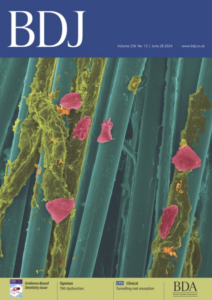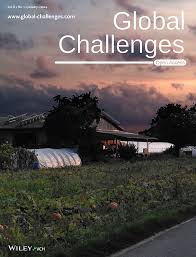A public health journal has retracted an article on unintentional pesticide poisonings a year after the authors enlisted a lawyer’s help to fight the decision.
Last year, we reported BMC Public Health had decided to retract the article, “The global distribution of acute unintentional pesticide poisoning: estimations based on a systematic review,” which appeared in December 2020. The article has been cited nearly 300 times, according to Clarivate’s Web of Science, including more than 100 since the journal told the authors it would be retracted.
The authors listed affiliations with the Pesticide Action Network, a collection of organizations opposed to pesticides. In their review, they declared unintentional pesticide poisoning “a problem that warrants immediate action.”
The retraction notice cites a letter to the editor from employees of pesticide manufacturer Bayer, and the trade organization CropLife International, which criticized the analysis. The authors stood by their findings in a response, stating the critics “do not seem to have understood our estimation method.”
Continue reading Journal pulls pesticide article a year after authors engaged lawyer to fight retraction decision








